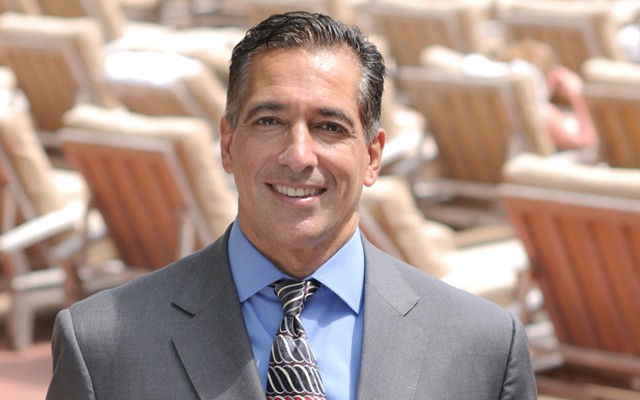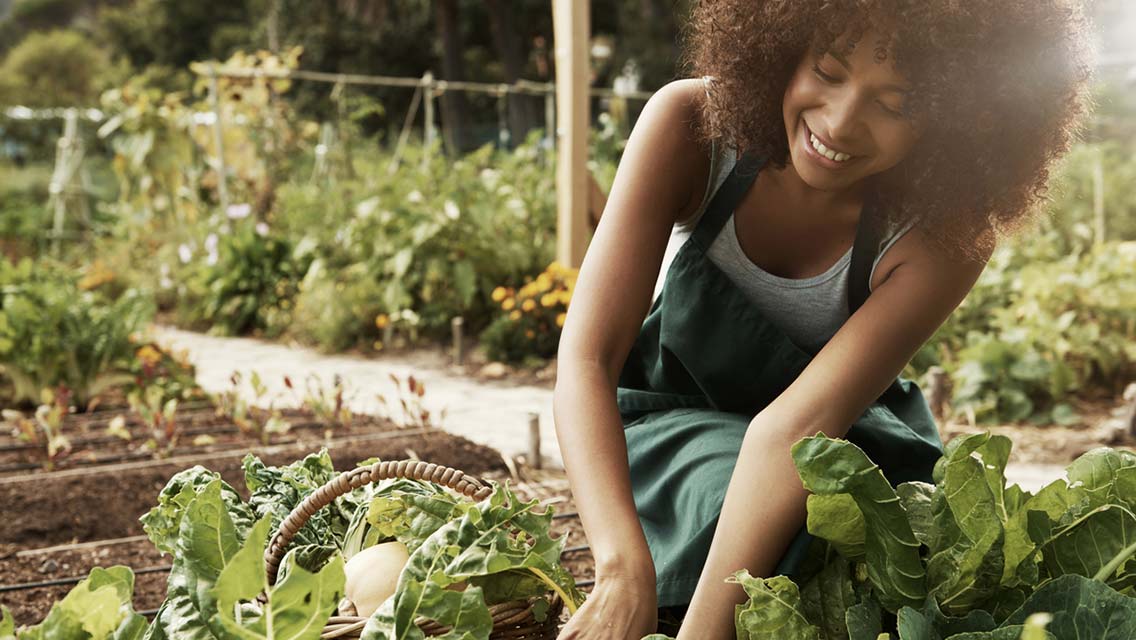1. More passion.
Passion is what fuels us to pursue our highest choices and inspires us to give our best gifts. Sure, passion can, if not properly channeled, turn into obsession. But in most cases, true passion is a great energizer and motivator. It’s also a great clarifier: When too many good opportunities and choices abound, our personal passion meters help us discern our best options from the merely good ones. As a wise teacher once told me: “If it’s not a ‘yes,’ it’s a ‘no.’” Passion always points us in the direction of our most true “yes!” And when time and energy get tight, heeding our passions can help us set aside the merely “OK” options that tend to diffuse our focus.
2. More respect.
There are many challenges associated with living in a fast-paced and fragmented culture, particularly one where we often feel disconnected from the fundamental resources that sustain us (our natural environment, our communities, and so on). We inhabit a world of drive-through interactions and throw-away conveniences — a world where we don’t always feel compelled to show adequate respect for relationships and resources that deserve our attention and regard.
Particularly when we’re rushed or stressed, it may be tempting to think, “This person doesn’t matter to me — I’ll probably never see her again,” or, “It doesn’t matter if I drop this little piece of trash here, someone will clean it up.” But it’s thoughts like these that tell us we’re in dire need of demonstrating more respect, not less.
In Jared Diamond’s most recent book, Collapse: How Societies Choose to Fail or Succeed (Viking, 2005), he offers many examples of cultures that fell into decline or total destruction precisely because they took for granted, or ignored, the fragility of resources and relationships on which their societies depended. It is by growing our sense of respect — for our planet and for each other — that we have the best chance of avoiding a repeat of those societies’ mistakes.
3. More gratitude.
Appreciation is a natural outgrowth of respect — or perhaps, it’s a precursor to it. Either way, gratitude is one of those wonderfully inexhaustible resources that seems to grow and accumulate around us in direct proportion to our success in spreading it around. And the more of it we give, the more appreciative and appreciated we feel.
There’s been a growing focus lately (in the popular realm of Positive Psychology and elsewhere) on gratitude’s power to elevate and transform us, and the capacity that even simple gratitude exercises have to bring a sense of meaning and satisfaction into our daily lives. For more on that, see “Much Appreciated” (November/December 2002) and “Get Grateful” (December 2006) in the archives.
Since we’ve recently covered this in some depth, I won’t belabor the point here. Instead, I’ll say this: We are all blessed to be alive, to have choices and to have opportunities each day to be of service to each other.
Every day, a thousand little things go our way, and a thousand little kindnesses accrue to us. To focus excessively on perceived deficits and dissatisfactions makes no sense. And yet, each of us is vulnerable to our moments of self-pity, frustration and complaint. Each of us is prone to feeling overburdened and underappreciated.
The feeling of “not enough” (whether in relation to time, energy, money, support or love) has a tendency to sneak in when we’re not looking. At such times, I encourage you to consider whether a healthy dose of more — specifically, more passion, more respect or more gratitude — might be just the antidote you need to turn things around.




This Post Has 0 Comments